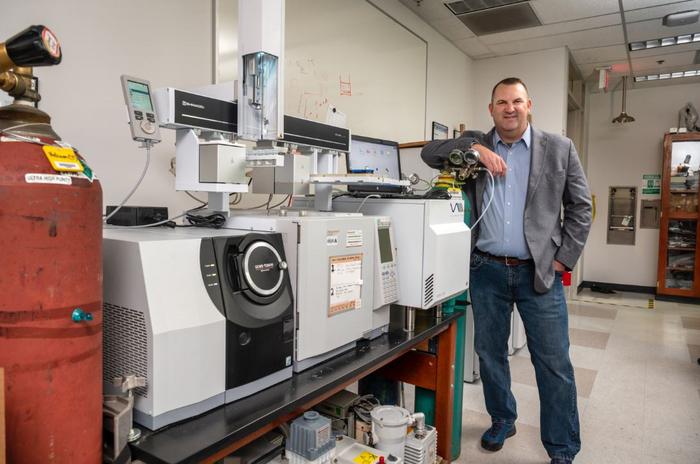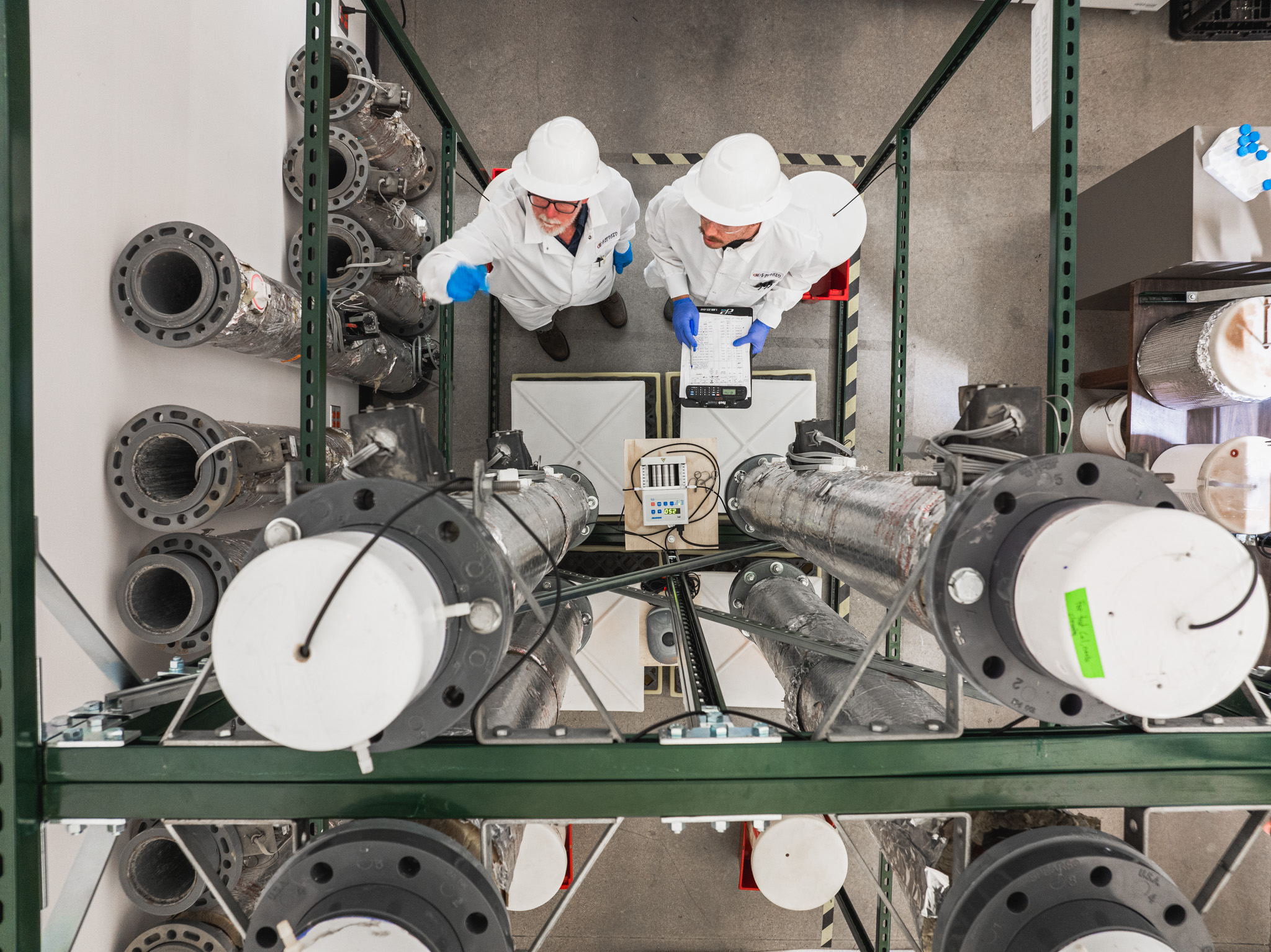Climate Insider Brief:
- In response to the pressing need to address plastic waste management, Kevin Schug, the Shimadzu Distinguished Professor of Analytical Chemistry at The University of Texas at Arlington (UTA), has been leading efforts to develop innovative methods for recycling mixed plastics.
- Pyrolysis, a prominent method of chemical recycling, involves subjecting plastics to heat in an oxygen-free environment, leading to their decomposition into pyrolysis oils.
- Unlike traditional recycling processes, pyrolysis offers a more inclusive approach, capable of accommodating various types of plastics, thereby expanding the range of recyclable materials.
Despite ongoing efforts by consumers to participate in recycling programs, a significant portion of plastic waste still ends up in landfills. Conventional recycling methods are largely limited to certain types of plastics, such as those used in soda bottles, water bottles, and milk jugs.
The escalation in global plastic production, from 2 million tons in 1950 to a staggering 360 million tons in 2018, has exacerbated the issue. Alarmingly, approximately 50% of this plastic is discarded after just one use. Projections suggest that by 2050, an estimated 12 billion tons of plastic waste will clutter the environment and fill landfills.
In a bid to enhance recycling rates and address the mounting plastic waste crisis, Kevin Schug, the Shimadzu Distinguished Professor of Analytical Chemistry at The University of Texas at Arlington (UTA), has been spearheading research into innovative methods for separating and recycling mixed plastics. Schug and his team of graduate and undergraduate researchers at UTA recently collaborated on a new study, published in April in the Journal of Chromatography A.

“A prominent method of chemical recycling is pyrolysis,” explains Schug. “Through pyrolysis, plastics are subjected to heat in an oxygen-free environment until they decompose into pyrolysis oils. These oils share many characteristics with crude oil and can be further refined into fuels or chemical feedstocks for producing new plastics.”
In contrast to conventional recycling, which necessitates sorting and shredding before recycling, pyrolysis offers a more inclusive approach, accommodating various types of plastics.
Nevertheless, the pyrolysis of mixed plastic waste presents challenges, particularly in the form of complex mixtures that require careful analysis. Contaminants like sulfur and nitrogen can give rise to chemical compounds that impede downstream processing methods.
“Pyrolysis has gained significant traction, with many companies scaling up large-scale chemical recycling operations,” notes Schug. “However, the characterization of pyrolysis oils demands the development of new analytical techniques, such as the one detailed in our recent peer-reviewed research.”
With support from Jean-Francois Borny of Lummus Technologies LLC, a Houston-based chemical company, Schug and his UTA colleagues—graduate students Alexander Kaplitz and Niray Bhakta, and undergraduate researchers Shane Marshall and Sadid Morshed—have devised a novel supercritical fluid chromatography method capable of separating pyrolysis oils. The researchers successfully differentiated oils derived from polyethylene and polypropylene feedstocks.
“While this marks just the initial phase, we are optimistic about the potential of this technique to discern oils produced from various plastics and mixtures,” says Schug. “Developing effective methods for recycling these plastics will not only reduce our reliance on new fossil fuels but also contribute to mitigating climate change.”
Schug’s research represents a crucial step toward addressing the growing plastic waste crisis, offering a promising avenue for improving recycling efficiency and sustainability. As efforts to combat plastic pollution intensify, collaborative endeavours between academia and industry will play a pivotal role in developing innovative solutions for a cleaner, more sustainable future.
To stay informed about the climate industry explore our latest climate news.
SOURCE: EurekAlert
Featured Image: Credit: The University of Texas at Arlington








